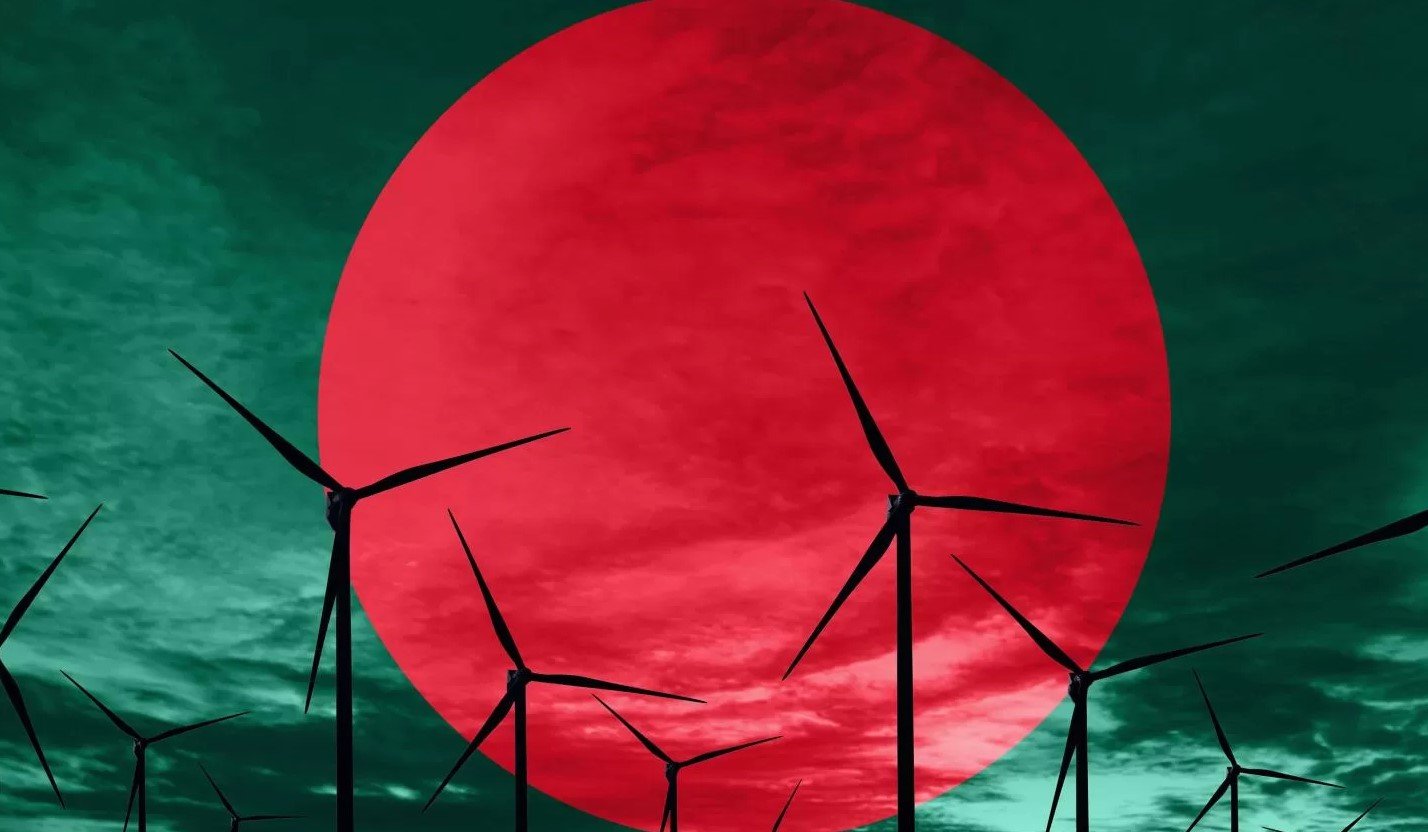Bangladesh is planning to pay off its huge debts to LNG suppliers, international oil companies, and power plant owners by July this year. The move comes as the country prepares for the national elections scheduled for next year. The government is also revamping its upstream contracts to attract more investment in the energy sector.
Paying off the energy bills
Bangladesh owes about $960 million per month to various energy stakeholders, including LNG suppliers, international oil companies (IOCs), and local and foreign power plant owners. The government has decided to clear these outstanding payments by July this year, following a directive from Prime Minister Sheikh Hasina.
The report quoted a senior official from the Ministry of Power, Energy and Mineral Resources, who said that the government has allocated funds from its budget and foreign loans to pay off the energy bills. The official also said that the government is negotiating with the creditors to reduce the interest rates and extend the payment deadlines.
The government’s decision to settle the energy bills is seen as a political move ahead of the elections next year. The ruling Awami League party wants to avoid any public backlash over the high electricity tariffs and frequent power cuts that have plagued the country in recent years. The government also wants to improve its image as a reliable partner for the energy stakeholders and secure more support from them.

Revamping the upstream contracts
Besides paying off the energy bills, the government is also revamping its upstream contracts to attract more investment in the energy sector. The report said that the government is introducing a new model production sharing contract (PSC) that will offer more incentives and flexibility to the IOCs.
The new PSC will allow the IOCs to recover their costs faster and get higher returns on their investments. The government will also offer them more exploration blocks and extend their contract periods. The new PSC will also include provisions for gas price indexation, arbitration, and dispute resolution.
The government hopes that the new PSC will encourage more IOCs to invest in Bangladesh’s energy sector, which has been suffering from low exploration activity and declining gas reserves. The report said that only four IOCs are currently operating in Bangladesh, namely Chevron, KrisEnergy, ONGC Videsh, and Posco International. The government wants to attract more IOCs, especially from China, India, Japan, and South Korea, to boost its energy security and diversify its energy sources.
































